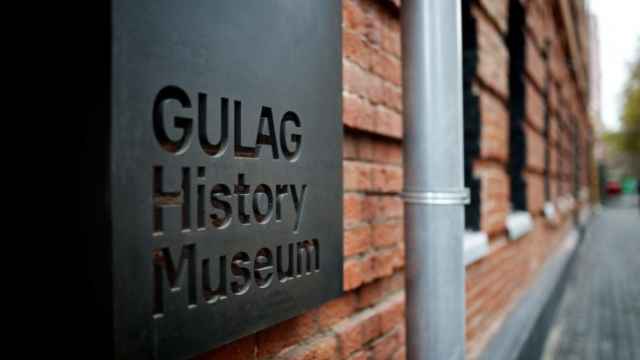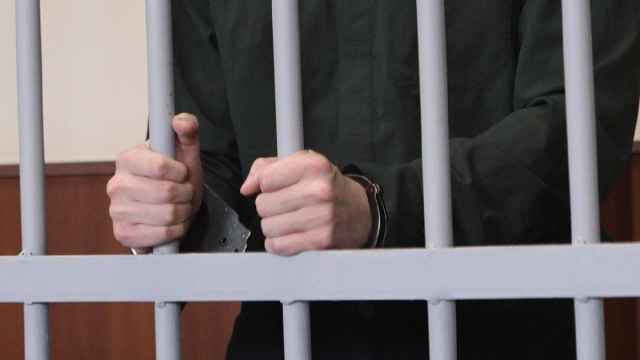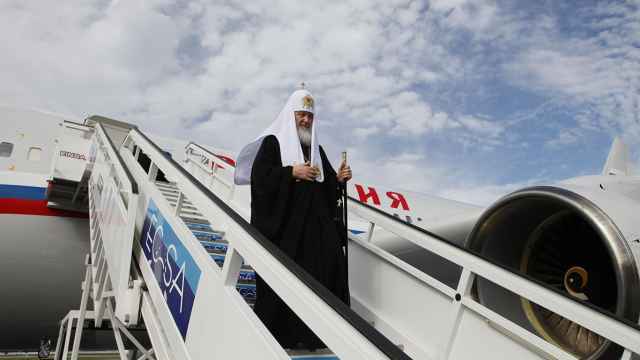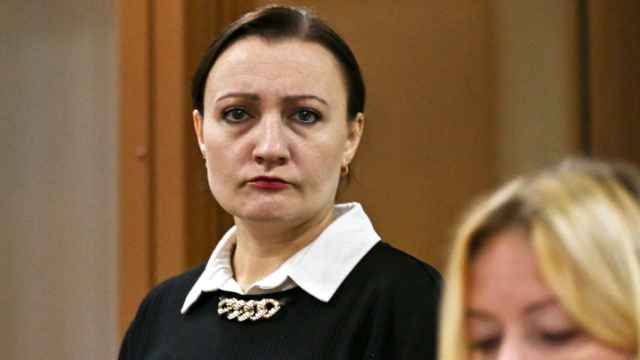Some of President Vladimir Putin's closest allies — including a deputy prime minister, the head of the Investigative Committee, two former ministers and the chairman of Gazprom — are mentioned in a prosecutors' report as part of an investigation into Russian mafia activities in Spain, Bloomberg reported Tuesday.
The news agency cited a copy of a 488-page petition sent to court by prosecutors as saying that current Deputy Prime Minister Dmitry Kozak and the head of the Investigative Committee, Alexander Bastrykin, were "directly related" to Gennady Petrov, leader of St. Petersburg's infamous Tambov crime gang.
Petrov's network in Moscow also included Viktor Zubkov, chairman of Russia's gas behemoth Gazprom, former Defense Minister Anatoly Serdyukov and former Communications Minister Leonid Reiman, according to the prosecutors' report seen by Bloomberg.
Putin's spokesman described the prosecutors' allegations as "total nonsense" to Bloomberg, saying they were "beyond the realm of reason."
Putin has repeatedly been accused of involvement in criminal activity when he occupied top posts in the St. Petersburg administration in 1991-96. The Kremlin has persistently denied the accusations.
In a diplomatic cable from the U.S. Embassy in Madrid that was leaked by WikiLeaks in 2010, Spanish prosecutor Jose Grinda — one of the authors of the petition submitted to Madrid's Central Court on May 29 — described Russia as a "virtual mafia state."
The petition represents a formal request to charge 27 people with crimes including money laundering and fraud, Bloomberg said. One of those people is Vladislav Reznik, a deputy in the lower chamber of the Russian parliament, whom Spanish prosecutors suspect of collaborating with Petrov.
A Message from The Moscow Times:
Dear readers,
We are facing unprecedented challenges. Russia's Prosecutor General's Office has designated The Moscow Times as an "undesirable" organization, criminalizing our work and putting our staff at risk of prosecution. This follows our earlier unjust labeling as a "foreign agent."
These actions are direct attempts to silence independent journalism in Russia. The authorities claim our work "discredits the decisions of the Russian leadership." We see things differently: we strive to provide accurate, unbiased reporting on Russia.
We, the journalists of The Moscow Times, refuse to be silenced. But to continue our work, we need your help.
Your support, no matter how small, makes a world of difference. If you can, please support us monthly starting from just $2. It's quick to set up, and every contribution makes a significant impact.
By supporting The Moscow Times, you're defending open, independent journalism in the face of repression. Thank you for standing with us.
Remind me later.






